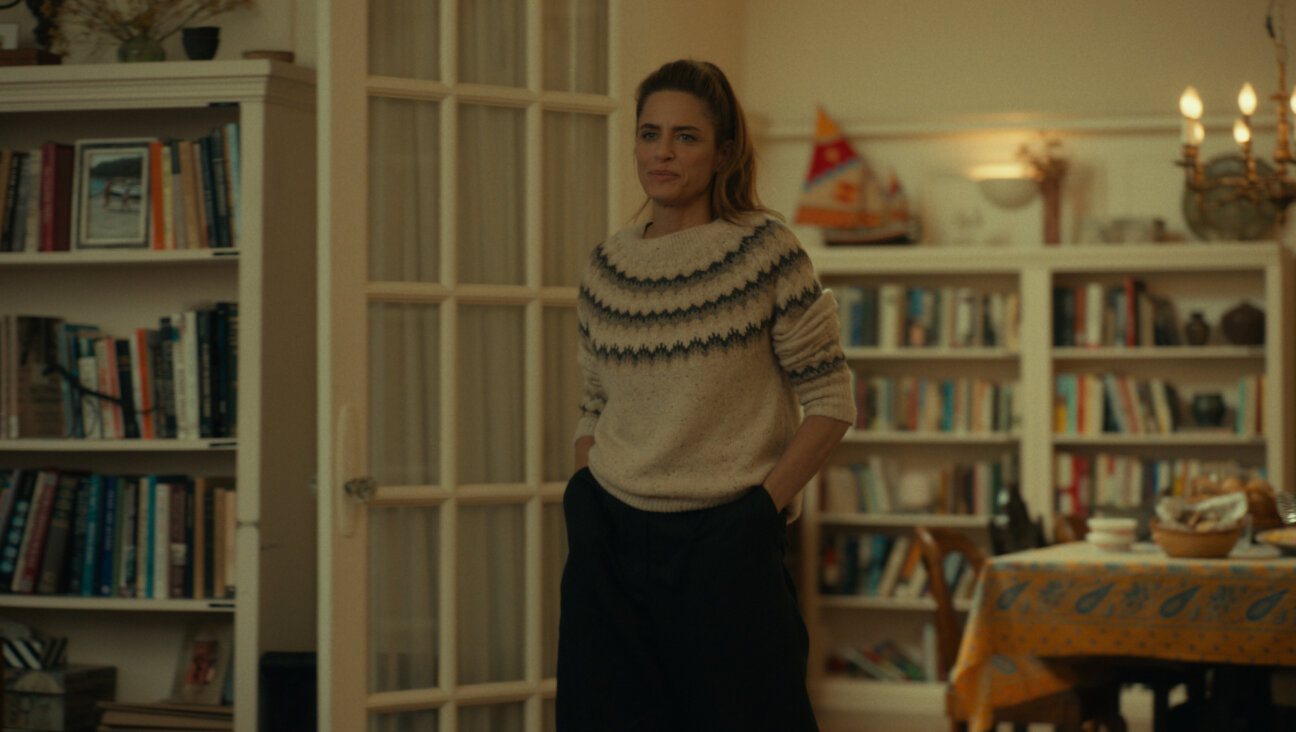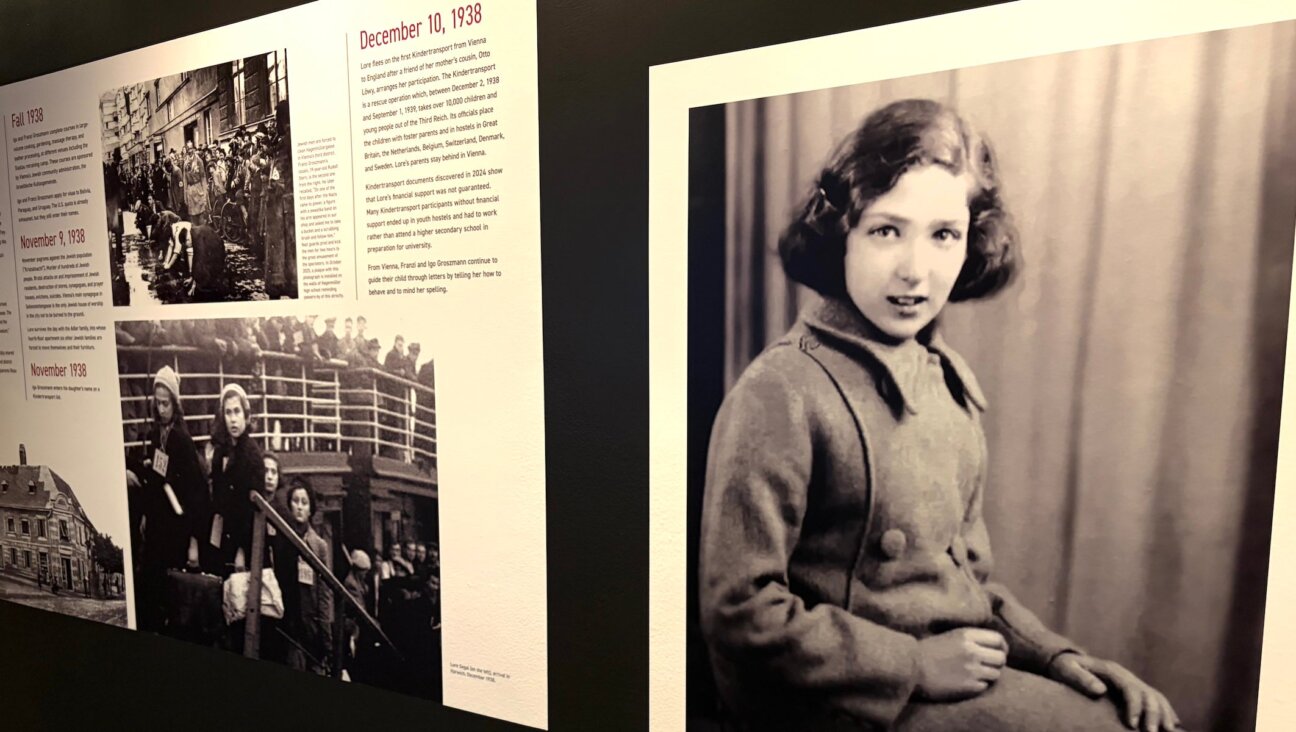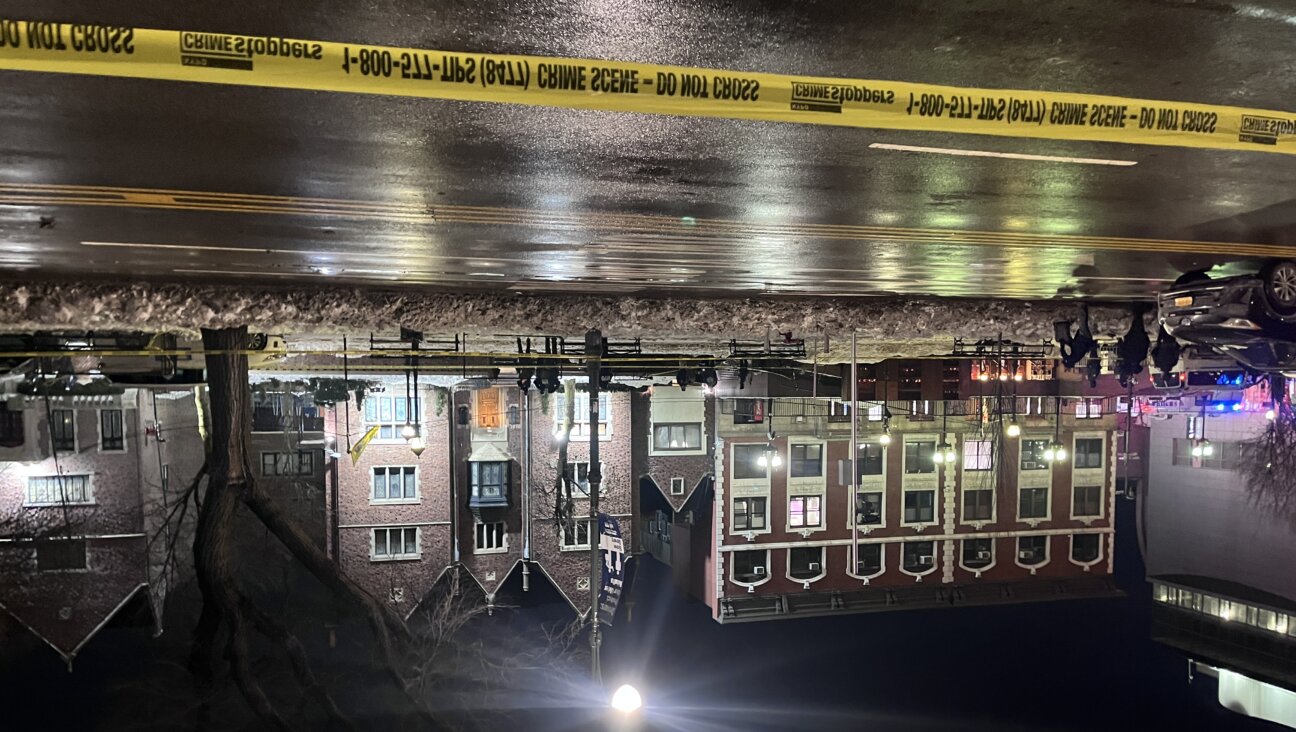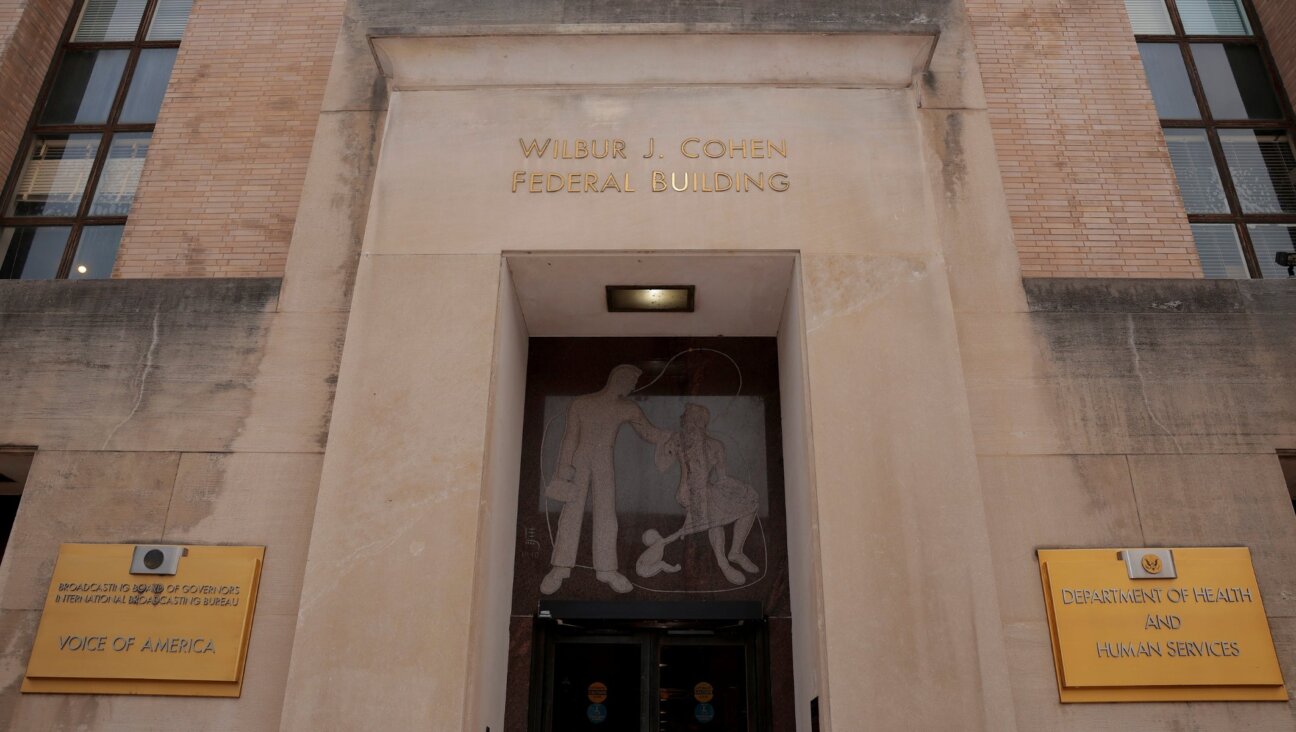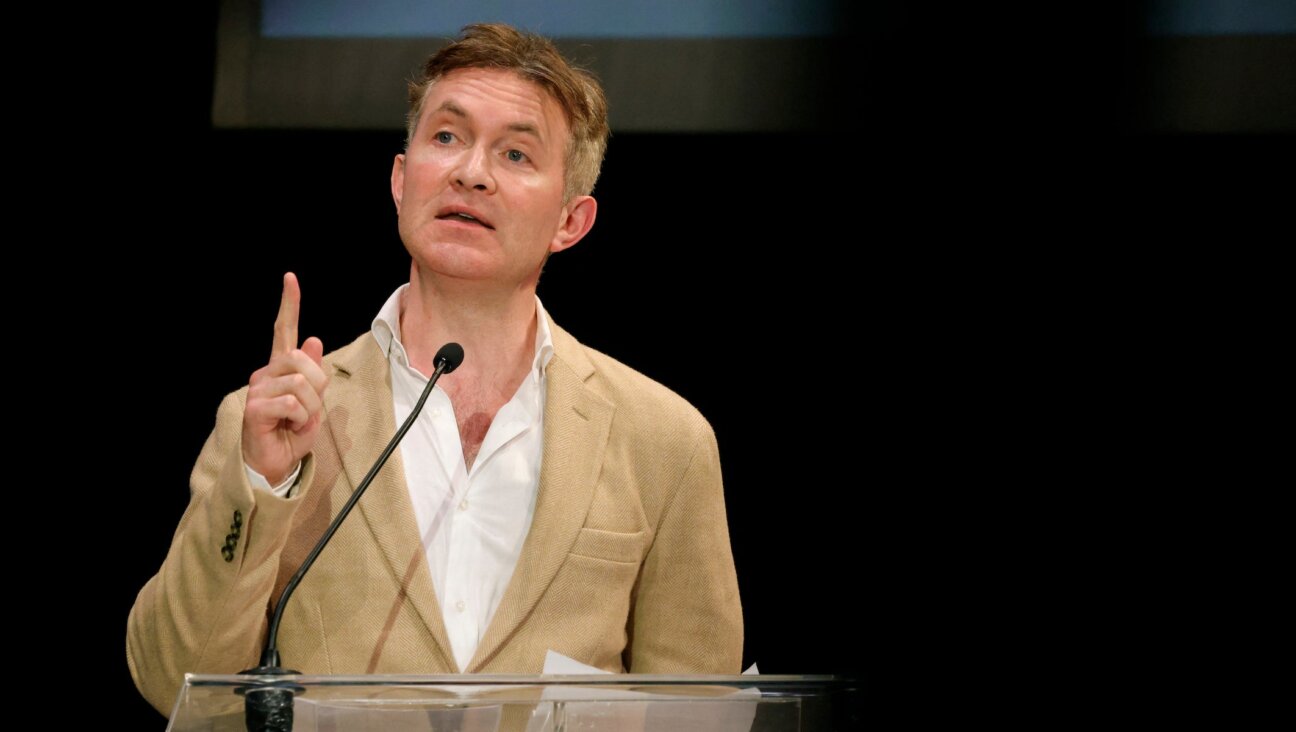Untranslatable Sentiments
Paul Celan: Selections
Edited by Pierre Joris
University of California Press, 230 pages, $17.95.
* * *|
It might seem ironic that the most important German poet of the second half of the 20th century was a Romanian Jew who lived most of his adult life in Paris. But it is not. Paul Celan, born in 1920 in a cosmopolitan, largely Jewish city that had been, until to two years earlier, one of the farthest outposts of the Hapsburg Empire, embodied in his relatively short and undeniably tortured life the deadly contradictions of German Kultur (an all-important term that means “civilization” as much as it means just “culture”).
The pathos of Celan’s poetry is inextricable from the pathos of his life. The Nazis murdered his parents, and Celan spent the war in labor camps. After liberation, he found himself in Bucharest and then fled the Stalinists. He made his way to Vienna and then, finally, to Paris, where he lived until his suicide in 1970. Celan spoke excellent French and married a French artist, yet he never wrote poetry in French. “Poetry,” he maintained, “is the fateful uniqueness” of language itself and of individual languages. German’s fate, of course, lies with its implication in the crimes of the Nazis. It is perhaps hard for us early 21st-century Americans, who have a more pragmatic and more cynical notion of our cultures and our languages, to understand the urgency of Celan’s interrogation and attempted recuperation of German. The works of Goethe, Schiller and Holderlin — the pinnacles of German Enlightened Kultur — offered the educated Jews of Mitteleuropa the promise of civilized acceptance and full participation in the spiritual life of Europe.
It is precisely this promise and its atrocious failure during the Third Reich that bedevil Celan’s poetry. In his most famous poem, “Todesfuge” (rendered “Death Fugue” in editor Pierre Joris’s selection), Celan imagines a man — a German, most likely a member of the SS — who plays with snakes while writing of “Margarete’s golden hair.” Margarete (Gretchen is the diminutive by which she is known) is of course the heroine victim of Goethe’s “Faust.” The sentimental cliché that the unnamed Nazi derives from the classic of German literature is of a piece with his harsh commands to “his Jews” to dig graves and play dance music. His noxious combination of music and death worship comes to a head toward the middle of the poem: “He shouts play death more sweetly death is a master from Germany/he shouts scrape your violins more darkly you’ll rise up as smoke in the sky.” It is not clear where the greater offense here might lie: with the notion of “playing death” sweetly, or with the grim literalness of the musicians’ final end.
The irreparable marriage of culture and barbarism that took place in the camps motivates “Death Fugue.” For this reason I wonder about Jerome Rothenberg’s translation of the poem in Joris’s generally excellent selection of Celan’s works. Rothenberg renders the lines I have noted as “He calls play that death thing more sweetly Death is a gang-boss aus Deutschland/he calls scrape that fiddle more darkly then hover like smoke in the air.” Rothenberg’s Nazi is too colloquial (“that death thing,” “that fiddle”), and while “gang-boss” does capture some of the nuance of Meister, it also relinquishes some of its other meanings (such as rabbi, or teacher or master of a craft). The horror of Celan’s Nazi is not that he likes bad music or that he is linguistically lax. The horror lies with the fact that he is a man of culture as well as a butcher, that he reads Goethe and reveres Schubert and Bach while working “his” Jews to death.
“Todesfuge,” composed when the poet was 24, is justly famous, but Celan came to mistrust the poem. He feared that its lyricism and its play between metaphor and reality had transformed the unthinkable into the delectable. He worried that he himself had played death too sweetly. By the end of the 1950s, Celan’s poetry got knottier. Lines shortened and the poems grew more and more compressed. Celan relied increasingly on German’s tolerance of compound words to create a new vocabulary. While his work does not always refer to the Shoah, it assumes the Shoah as its unavoidable background:
The angry inversions of this apparent anti-psalm and the naturalism it uses to argue against God (we will blossom like the rose, in spite, not because of You) are in fact deceptive. Celan was a close reader of Gershom Scholem’s writings on Kabbalah, and the “Nothing” that the poem addresses is both the absence of God and His highest, purest essence — the Eyn Sof. To read this poem as a repudiation of religion would be as much a mistake as to read it as if it were completely mystical. It is both at once, and from that ambivalence it derives its power.
So, while the Shoah might have shaken Celan’s faith in God and Kultur, the spiritual realm (whether religious or artistic) certainly casts its harsh light on the world in his poetry. In a poem on Holderlin’s madness, Celan claimed that the language of salvation sounds like babbling to us precisely because we are as yet unsaved. Our world passes its judgment on the prophet’s stuttering syllables when it calls them nonsense. But the world’s inability to understand them is itself a sign of its guilt.
Such a theological reading of Celan’s work provides a key to the fiercely compact poems of his last years, poems that seem to defy interpretation. It is a commonplace (one that is repeated in Joris’s introduction as well in some of the secondary texts that he has included in this volume) that Celan’s poetry constitutes a sustained meditation on the limitations of language. But the intense constrictions of Celan’s later work might be less an acknowledgment of language’s failures than a recognition that we are a long way from redemption. These poems, with their hermetic references and their semantic knots, represent
something like the first stammerings of a messianic age.
Celan’s poetry takes utopia — the no-place that redeems all places — as its point of reference and its ever-receding goal. Utopia grafts theological hope onto political passion. It is hard to miss the echo of the old revolutionary cadence in the last poem in Joris’s selection. In this poem, “illuminated seeds” (a kabbalistic figure if ever there was one) swim off as names:
That fist, of course, is hardly a peaceful image and derives in no small part from memories of the left-wing organizations of his youth and from the poet’s visit to a victorious post-1967 Israel. But the apparent militancy of the ingathering that the poem describes cannot hide the fact that the poem’s final word is also the title of the greatest classic of German literature. Both parts of Goethe’s “Faust” end with nonsectarian visions of salvation. Even here, in what surely looks like a moment of Zionist celebration, Celan binds his broader cultural, linguistic and religious aspirations into one tight poetic knot.
Celan’s poetry is not just in German. It is about German, and thus essentially untranslatable. In this generous collection of Celan’s poetry, prose and letters, Joris and his collaborators have done an excellent job of turning Celan’s work into English. Unfortunately the edition makes it hard to see how well they have performed their task, because the German originals are not included. There is no explanation of this omission, nor is there any account of how or why Joris has made his selections. Such a discussion (and perhaps a commentary) would be welcome, because, as Joris admits, it is still not clear how we are to come to terms with Celan’s voluminous work.
At an important level, though, for all the help that Joris may give us, Celan will always elude his American readers. This goes beyond his saturation in the German language and German literature. Celan assumed he would have a relatively large and official audience who shared his veneration of Kultur, who would not doubt the deep social and moral centrality of poetry. No American poet of the midcentury or after could even dream of a set-up like that. Where Celan worried about members of the SS who sentimentalized Goethe, his American contemporaries, shocked and awed by mass media, had to grapple with the increasing irrelevance of poetry. (I suspect that this is why Rothenberg mistakes the tone of “Todesfuge.”) Given this reality, the distance between our situation and that of Celan, for whom the stakes of poetry went beyond life and death, might turn out to be insurmountable, even for these very gifted translators.
